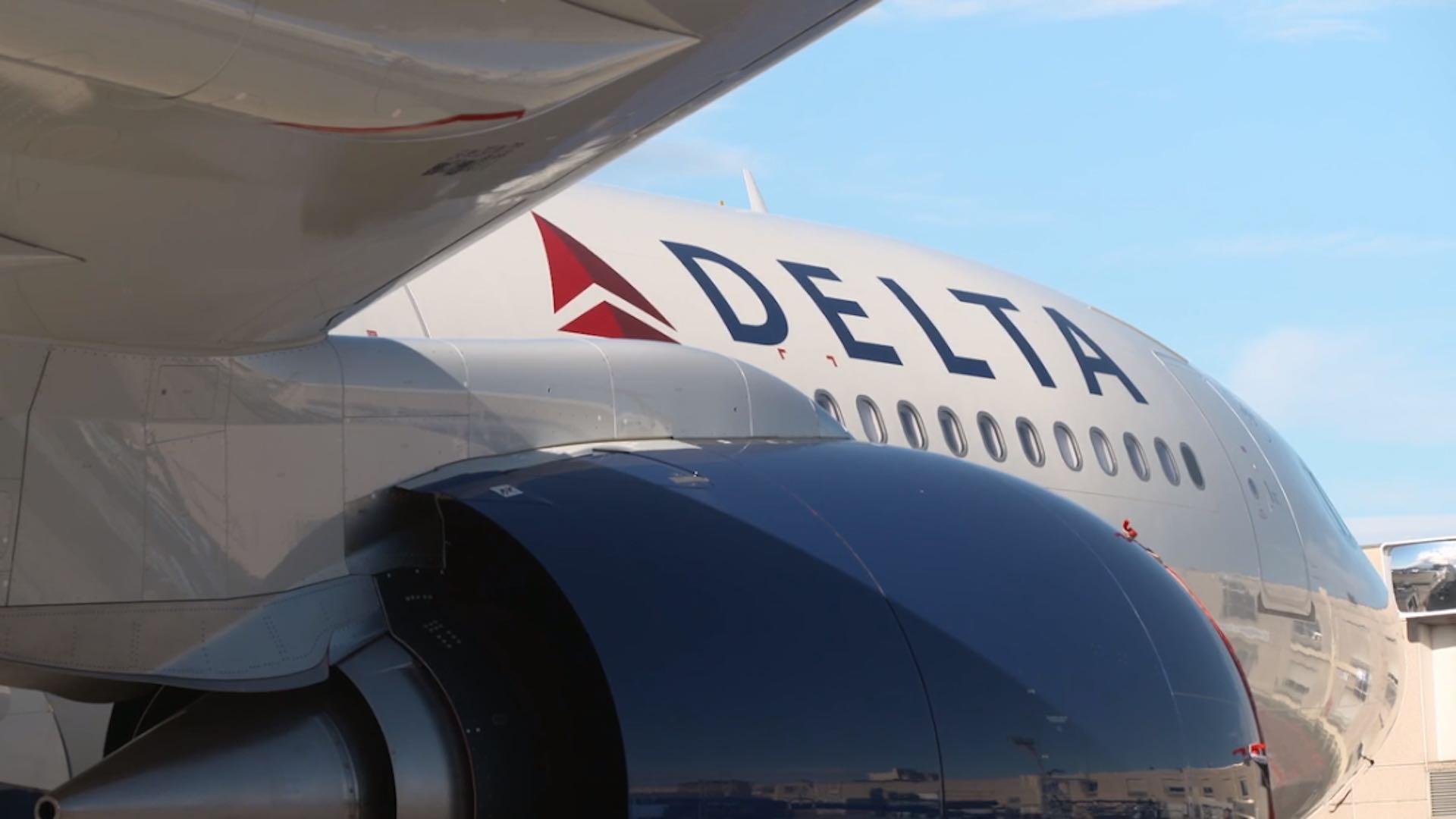Delta Air Lines is grappling with unprecedented flight cancellations as it struggles to recover from a major IT outage linked to Microsoft that began on Friday. The Atlanta-based airline has canceled over 4,600 flights from Friday through Sunday, surpassing any other carrier, and had to cancel an additional 550 flights by early Monday, representing 15% of its mainline operations. The ongoing disruptions have placed Delta in the spotlight for its typically high standards of reliability and punctuality.

The IT failure, reportedly connected to issues with Microsoft tools, has led to chaos at airports and substantial delays for travelers worldwide. Delta’s response has been notably slower compared to many of its competitors, with American Airlines, for instance, reporting a near-normal operation by Saturday.
Delta’s CEO, Ed Bastian, issued an apology to affected travelers, offering frequent flyer miles as compensation. In a statement addressing the disruptions, Bastian acknowledged the difficulties faced by passengers and assured them that the airline is working diligently to address the issues. “Delta is in the business of connecting the world, and we understand how difficult it can be when your travels are disrupted,” Bastian stated.
Transportation Secretary Pete Buttigieg has criticized Delta for its handling of the situation, highlighting the widespread customer service complaints and demanding that the airline provide prompt refunds and timely reimbursements for affected travelers. In an email statement, Buttigieg emphasized the need for Delta to offer adequate customer service assistance and reimbursements for expenses incurred due to the disruptions.
The IT outage, linked to a problematic update from Microsoft, severely impacted Delta’s operations, with one of the affected tools being a crew tracking system that struggled to manage the unprecedented volume of changes. This issue has drawn comparisons to Southwest Airlines’ operational challenges at the end of 2022, when the airline faced extended delays due to winter weather.
United Airlines also experienced disruptions on Sunday, with 9% of its flights, or approximately 260 flights, canceled. However, United’s disruptions were less extensive compared to Delta’s ongoing challenges. The Microsoft-related IT outage, attributed to a botched software update, has not only affected airlines but also impacted the banking and healthcare sectors. The global scale of the disruption underscores the vulnerability of interconnected systems and the cascading effects such failures can have across various industries.
Delta has taken steps to mitigate the impact by offering extra pay to flight attendants to cover shifts and calling some employees on their personal phones. Despite these efforts, the high demand during one of the peak summer periods has made it difficult for the airline to rebook affected travelers promptly. As Delta continues its recovery efforts, the airline remains under scrutiny from both the public and regulatory bodies, with significant questions about its ability to handle such disruptions effectively and its commitment to passenger service and compensation.
